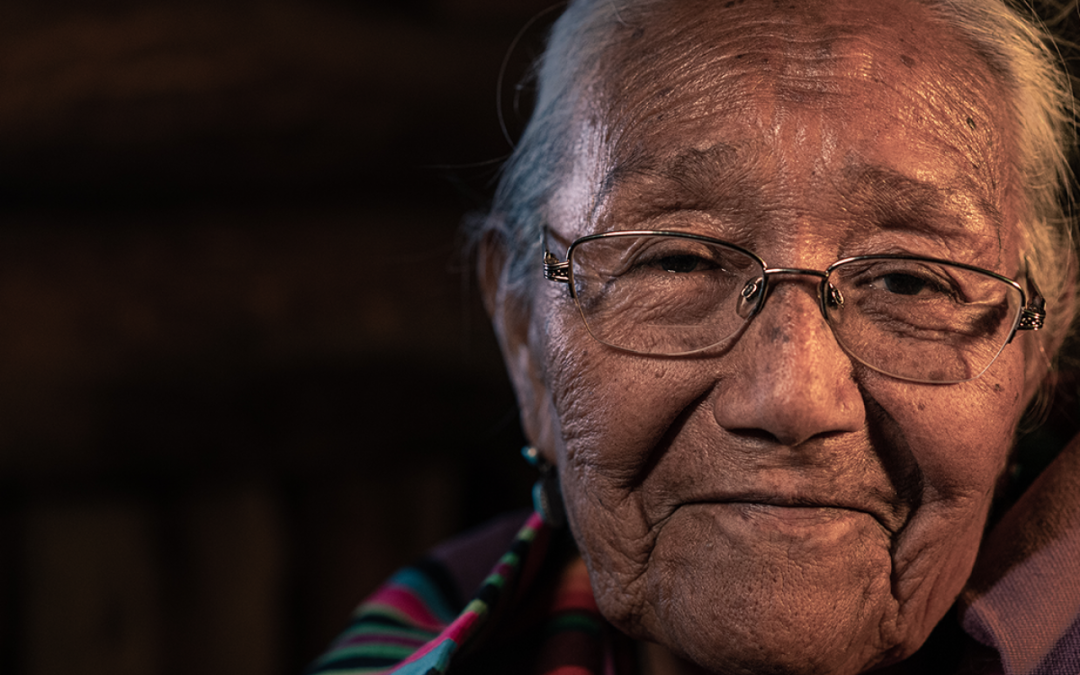‘Let’s not be ageist about the OAA!’

Generations Journal, vol. 45, no. 4 (Winter 2021-22)

‘Let’s not be ageist about the OAA!’

How will the OAA’s accomplishments match up to the increasing numbers of elders and lack of caregivers?

Consumers, local providers, state agencies, and federal policymakers all want data about older adults being served.

Why AAAs are busy contracting with community-based organizations, and how it’s paying off.

The Act combines national policy aspiration and ambition in spreading services across America, plus optimism that our country can enable older adults age successfully in place.

SEVAMP embraced innovation as its guiding principle.

A detailed, personal look at what’s in Title VII, what’s not, and what its funding covers.

‘In 2021, 282 Title VI grantees received more than $80 million in grant funding.’

New resources help state aging directors learn the history of the OAA and how it works.

Elusive historical topic, combined with COVID-19 challenges meant a difficult shepherding of this edition.
Generations Journal, vol. 45, no. 4 (Winter 2021-22)
Abstract: A discussion between Generations Journal Guest Editor Rich Browdie, Robert Blancato, president of Matz, Blancato and Associates in Washington, DC, and Meredith Ponder Whitmire, vice president of Matz, Blancato, on how advocacy challenges around the Older...
Abstract: The Older Americans Act's (OAA) impending age of eligibility is a good time to review accomplishments and opportunities for improvement. The OAA is celebrated for bringing social care for older people to the forefront of U.S. aging policy and programs. But...
Abstract: The positive impacts of Older Americans Act (OAA) programs are often accepted as fact. If a home-bound older adult receives a home-delivered meal, or family caregivers attend support groups, or a tribal elder uses a wheelchair from a lending closet, then...
Abstract: Area Agencies on Aging (AAAs) respond to elders' needs in most communities in the United States, playing a critical role in assessing those needs and developing plans to address them. AAAs also evolve continuously, and the Older Americans Act (OAA) has...
Abstract: What caused the Older Americans Act to come to fruition, how is it changing, how has it not changed, and what are its biggest challenges today? What impact has the push to integrate long-term services and supports into managed care organizations had? Key...
Abstract: Tracing the 1960s origins of what became one of the first of nine area agencies on aging in the U.S., led by influential women with ties to local power brokers and driven by poverty and social change movements. Southeastern Virginia Areawide Model Program,...
Abstract: The 1992 Older Americans Act reauthorization included the creation of Title VII focused on advocating for rights of vulnerable older adults, improvements in the long-term care ombudsman program, efforts to prevent abuse, neglect, and exploitation,...
Abstract: Title VI grants may never have happened were it not for a group of activists dedicated to advancing equity for Indian Country elders. In 1978, Congress created a Title VI under Amendments to the OAA, establishing grants funded by setting aside Title III...
Abstract: The story of the forming of the National Association of State Units on Aging, now known as ADvancing States, and the Older Americans Act (OAA) objectives for programs for older Americans. The article also addresses funding for this programming and the...
When the ASA Generations Editorial Advisory Board invited me to guest edit an edition of Generations Journal on the Older Americans Act (OAA), I jumped at the chance. Having been involved with one aspect or another of the Act my entire career, I visualized a whole...
Abstract: Area Agencies on Aging (AAAs) are entering a new phase marked by a heightened focus on social determinants of health. With a mission, a history, and a legislative mandate to serve as the local hub for a coordinated system of health- and...
Winter 2021-22 Generations Journal Guest Editor Rich Browdie in July 2021 spoke with Edwin Walker about the history of the OAA and his part in it. Rich Browdie (RB): You joined the Administration on Aging (AoA) in the 1990s, but prior to that you were a part of the...
Americans as a group have an unfortunate tendency toward historical amnesia. Not everyone, of course, but in general we seem to prefer to repeat what has gone before and then wonder what happened, rather than preventing disasters in the first place, e.g., learning...
Suggested citation for articles in this issue: [Last Name(s), First Name(s)]. “Article Title.” Generations Journal, vol. [#], no. [#] [season and year (ex. Fall 2024)]. [URL]
Generations Journal is the quarterly journal of the American Society on Aging. Each issue is devoted to bringing together the most useful and current knowledge about a specific topic in the field of aging, with emphasis on practice, research, and policy.